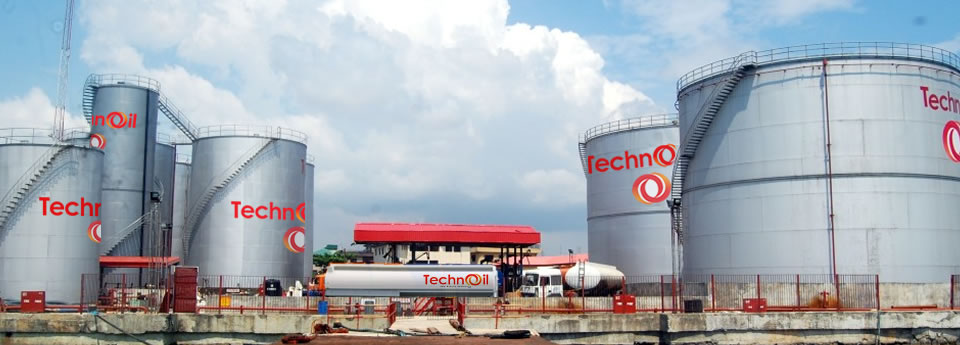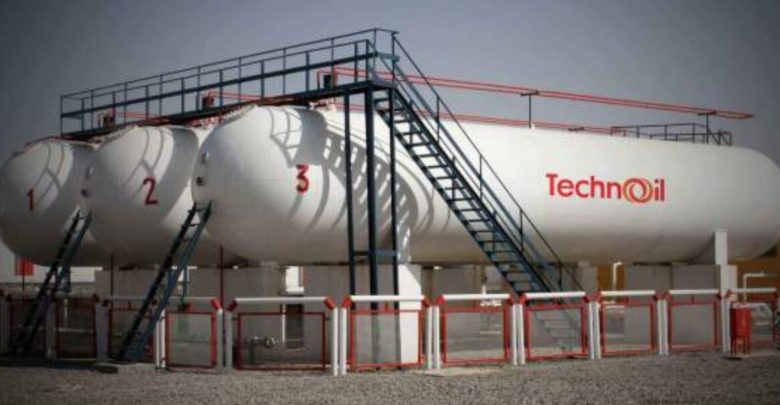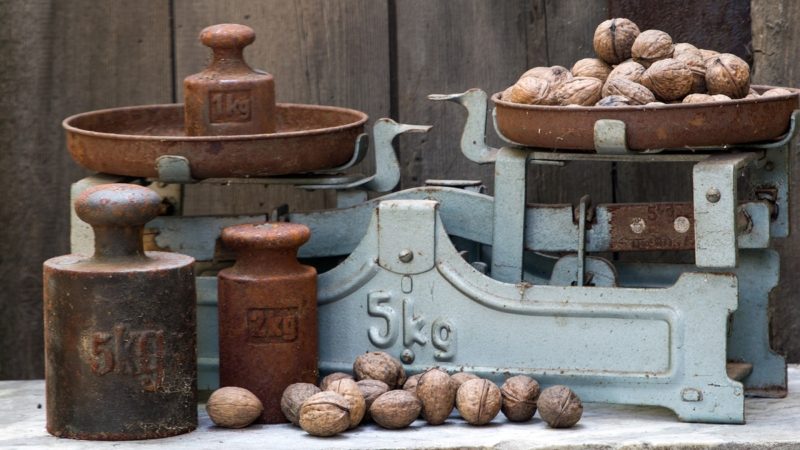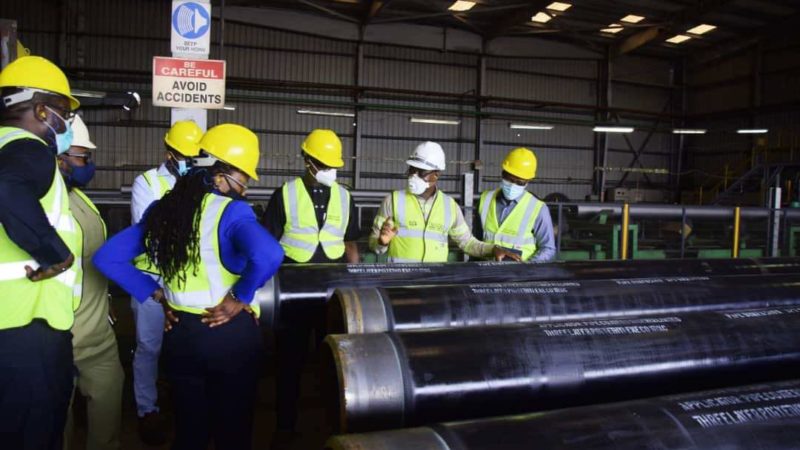Industry Roundup: Techno Oil introduces automated LPG terminal, UK plan to ban petrol and diesel vehicle endangers Nigeria’s oil sales, more

It’s another week in the oil and gas industry. You’re welcome to the maiden series called “Industry Roundup” where we’d bring you some interesting happenings from the local scene every week. This week, the first story on the list is the LPG terminal introduced by Techno Oil.
Techno Oil introduces automated LPG terminal in Apapa Nigeria
Techno Oil LPG has launched an automated liquefied petroleum gas (LPG) terminal at Kirikiri in Apapa, Lagos. The automated terminal has an 8,400-tonne capacity and it’s believed to unlock Nigeria’s 187 trillion ft3 gas reserve.
The facility was said to be built by CAKASA Nigeria Ltd in collaboration with a foreign technical partner and financed by a consortium of banks is expected to generate up to 2000 jobs in the state.
At the unveiling, the governor of Lagos, Mr Babajide Sanwo-Olu, said:
“Developments such as this will help to promote and deepen domestic LPG utilisation across the state, thereby reducing the state’s carbon footprint and ultimately benefiting the people of Lagos state and Nigeria as a whole. It is a significant step that will accelerate and deepen the growth of LPG to help diversify the economy, grow revenue and create jobs.”
While the group managing director/chief executive officer of Techno Oil, Mrs Nkechi Obi has this to say during the launch.
“Government should consider reactivating its butanisation plants and also building new ones across the country to guarantee LPG availability nationwide. Similarly, it is also time for the government to embark on the media campaign to sensitise the populace on the benefits of LPG over other cooking fuels.”
The UK plan to ban petrol and diesel vehicle endangers Nigeria’s oil sales
Starting from 2030, new cars and vans solely powered by petrol and diesel would not be sold in the United Kingdom. This announcement was made by the Prime Minister on Wednesday, November 19, 2020.
The minister said this move is a “green industrial revolution to tackle climate change and create jobs in industries such as nuclear energy.”
One of the major sources of income for the country is the importation of Nigeria’s crude oil into the UK. However, considering the recent announcement from the UK government, the Nigerian market share of crude oil may be in danger. On the flip side, the danger can be mitigated if the country looks out for new buyers to import Nigeria’s crude oil into their country.
Bayelsa community issues quit notice to Aiteo’s Crude Oil Production
Many locals in the oil-producing community, Opu Nembe Kingdom of Nembe Local Government Area of Bayelsa State protested and stopped Santa Barbara flow-station owned by Aiteo, a Nigerian energy conglomerate from producing oil.
The protesters which were mainly locals, mainly chiefs, elders, women, youths made complaint what they described an “unfair treatment” of the community. The notice to quit issued is expected to take effect from November 14, 2020.
In a report, the head of chiefs in the area, Oriaingo Oruwari said: “The chiefs, elders, women, youths and all people of Opu Member are tired of the Aiteo punishment. Put, Aiteo, and whoever its officials and private collaborators may be, is practically killing its host communities, particularly Opu Nembe. It has become so unbearable through these years, and worse in recent months, that community women and youths were provoked to peacefully occupy the Santa Barbara flow station and the Oceans field flow station in protest from Wednesday, November 11.”
The head of chiefs further noted that “the oil company had been strangulating the communities’ already stretched subsistence economy by even owing the few sub-contracted community members for years and months, including surveillance contractors/workers protecting their pipelines and vendors supplying food to their workers in the process of rendering them so weak to justify replacing them with more proxies or middlemen.” Consequently, the community decided to take the necessary measures to see that the company addresses the situation.
Six foreigners and a Nigerian jailed by the court over oil theft
The largest industry in Nigeria is the petroleum sector and it contributes to about 9% of the country’s GDP. But some of the problems the industry is faced with is oil theft, corruption, oil losses and oil spills.
On Tuesday, November 24, the Economic Financial Crimes Commission (EFCC) said a court in Nigeria has sentenced six foreigners which include and one Nigerian to seven years in prison for oil theft. In 2017, the navy arrested 10 suspects — a Nigerian, two Pakistanis, three Ghanaians, one Indonesian, one Beninois and two Ukrainians — with a vessel carrying crude oil off the Niger Delta. The suspects had reportedly “siphoned about two thousand metric tonnes of crude oil from a loading facility belonging to Shell Petroleum.”
In a statement, the EFCC spokesman, Wilson Uwujaren said the “suspects were convicted on four counts of conspiracy, dealing in petroleum products without a licence and tampering with oil pipelines alongside Asztral Shipping Corporation SA, and a vessel MT. TECNE (a.k.a MT STAR).”





